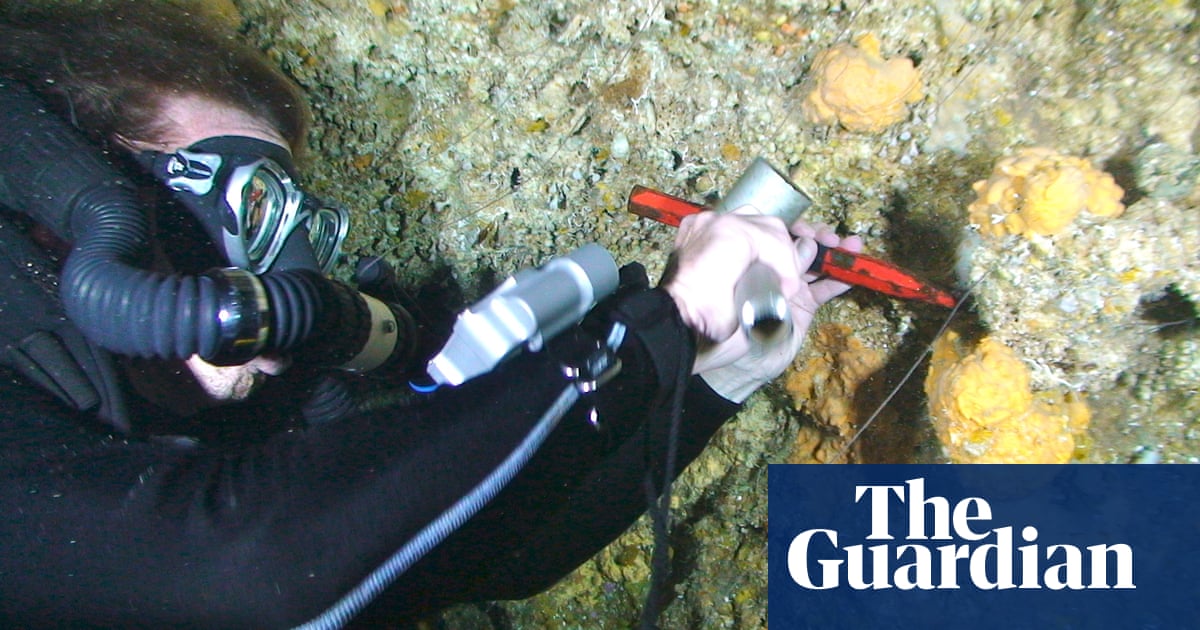Findings in leading scientific journal that globe has breached key warming milestone challenged by climate science experts
Between 30 metres and 90 metres below the surface of the Caribbean Sea, an ancient sponge species that grows a hard skeleton has been quietly recording changes in the ocean temperature for hundreds of years.
Now those sponges are at the centre of a bold and controversial claim made in a leading scientific journal that, since the start of the Industrial Revolution, the planet may have already warmed by 1.7C – half a degree more than estimates used by the United Nation’s climate panel.
Several leading scientists urged caution, saying the research had “over-reached” and questioned whether such a bold claim could be made based on one sponge species from a single location.
But Prof Malcolm McCulloch of the University of Western Australia, who led the research published in the journal Nature Climate Change, said the results were robust.



there are a lot of trolls, and they like to congregate… they hope that by bullying someone they can make bad facts disappear…
but it’s pretty obvious none of them have even made a serious trip to a university library
these new numbers clearly are now the best estimate we have
You really need to calm down and reflect.
I have a PhD and a dozen of published and recognized papers.
You are misusing the term “fact”. Just because you think something is fact, does not make it so.
You really think everyone else here is a troll?
facts don’t care about your feelings
Do you always jump to conclusive thoughts when reading research?
lol so funny people can’t read a paper and reactively downvote anyone who contradicts what they feel reality should be. You’re correct until we find a way to disprove this (eg somebody repeats it and finds it flawed) obviously robust study we need treat it as fact.